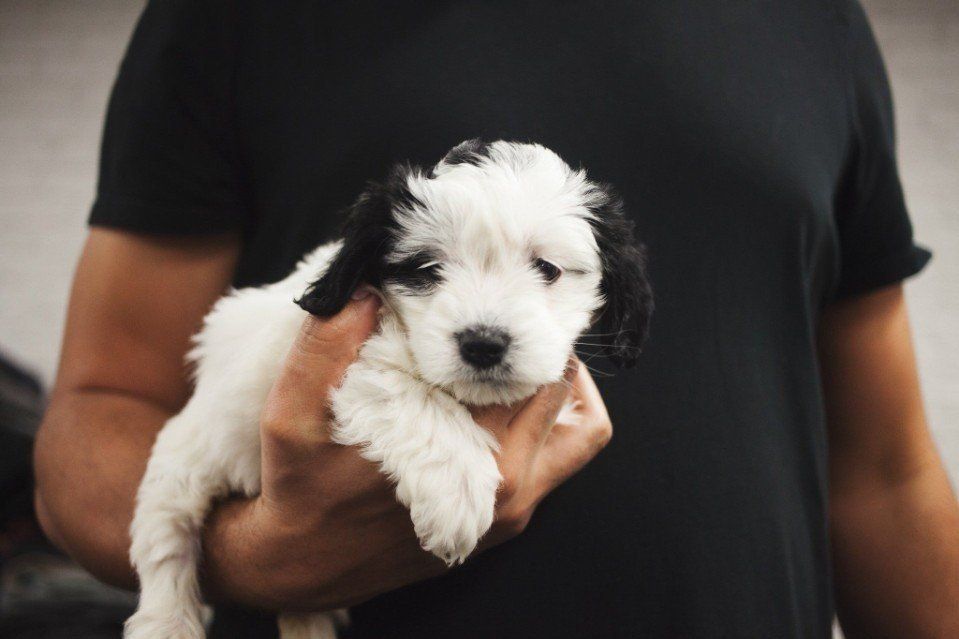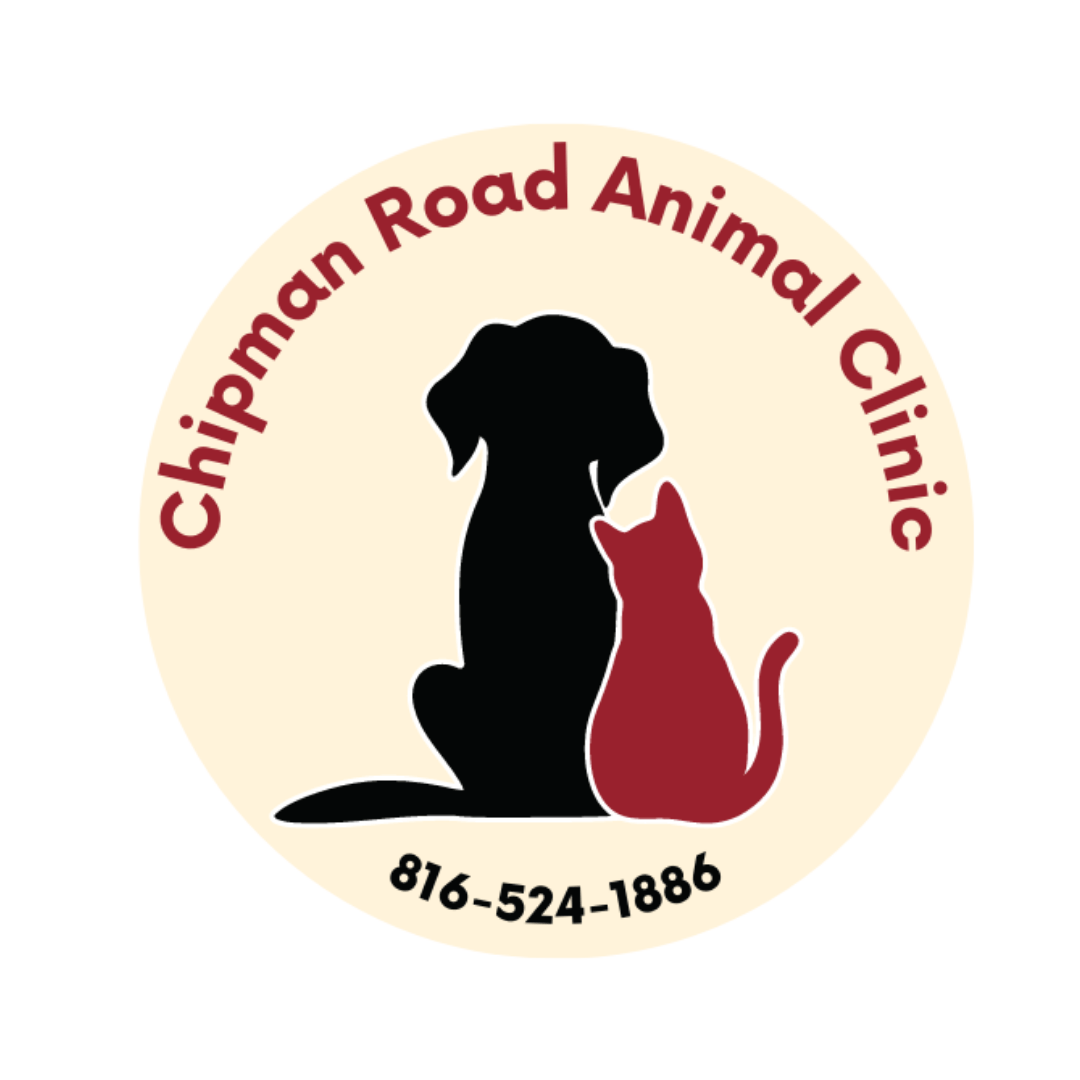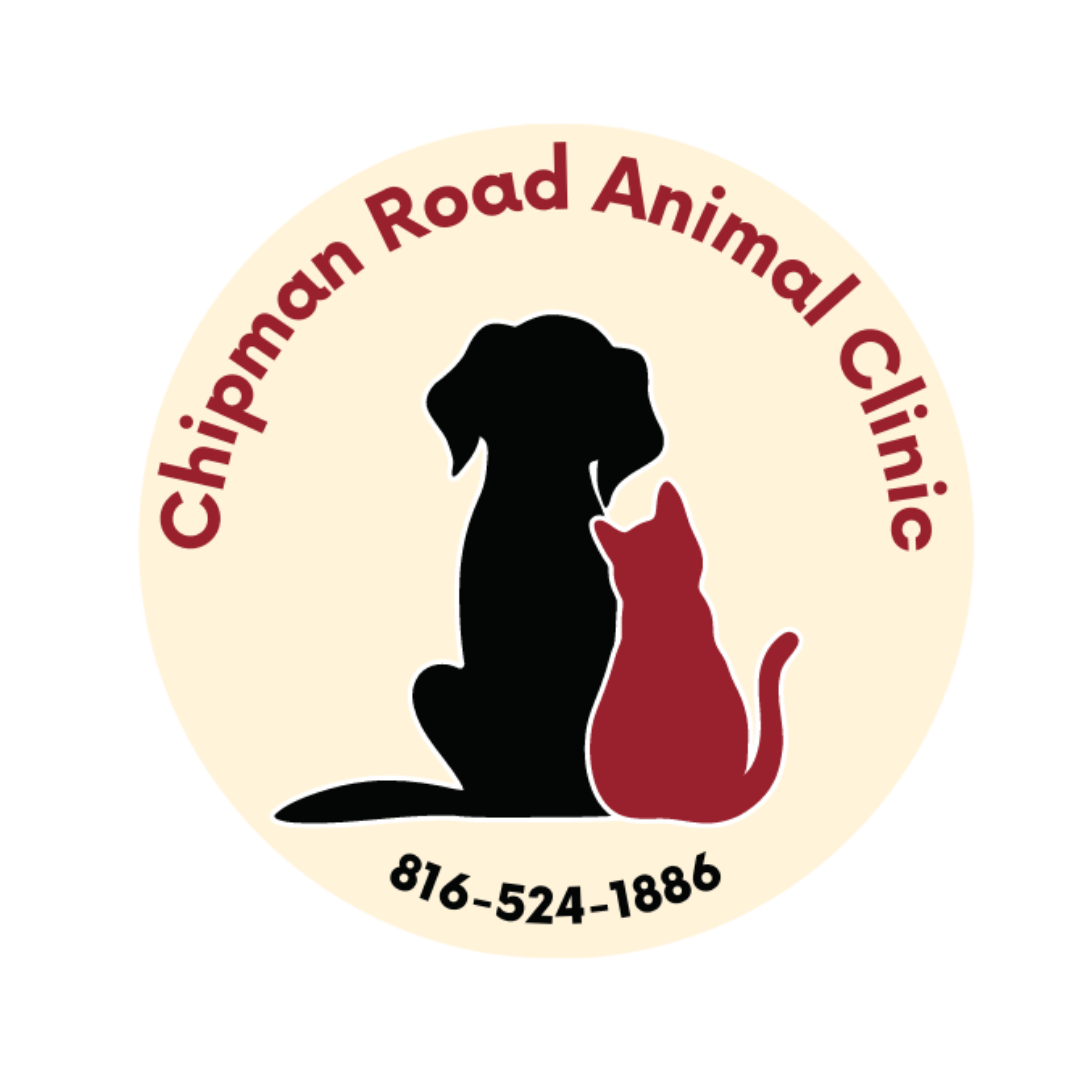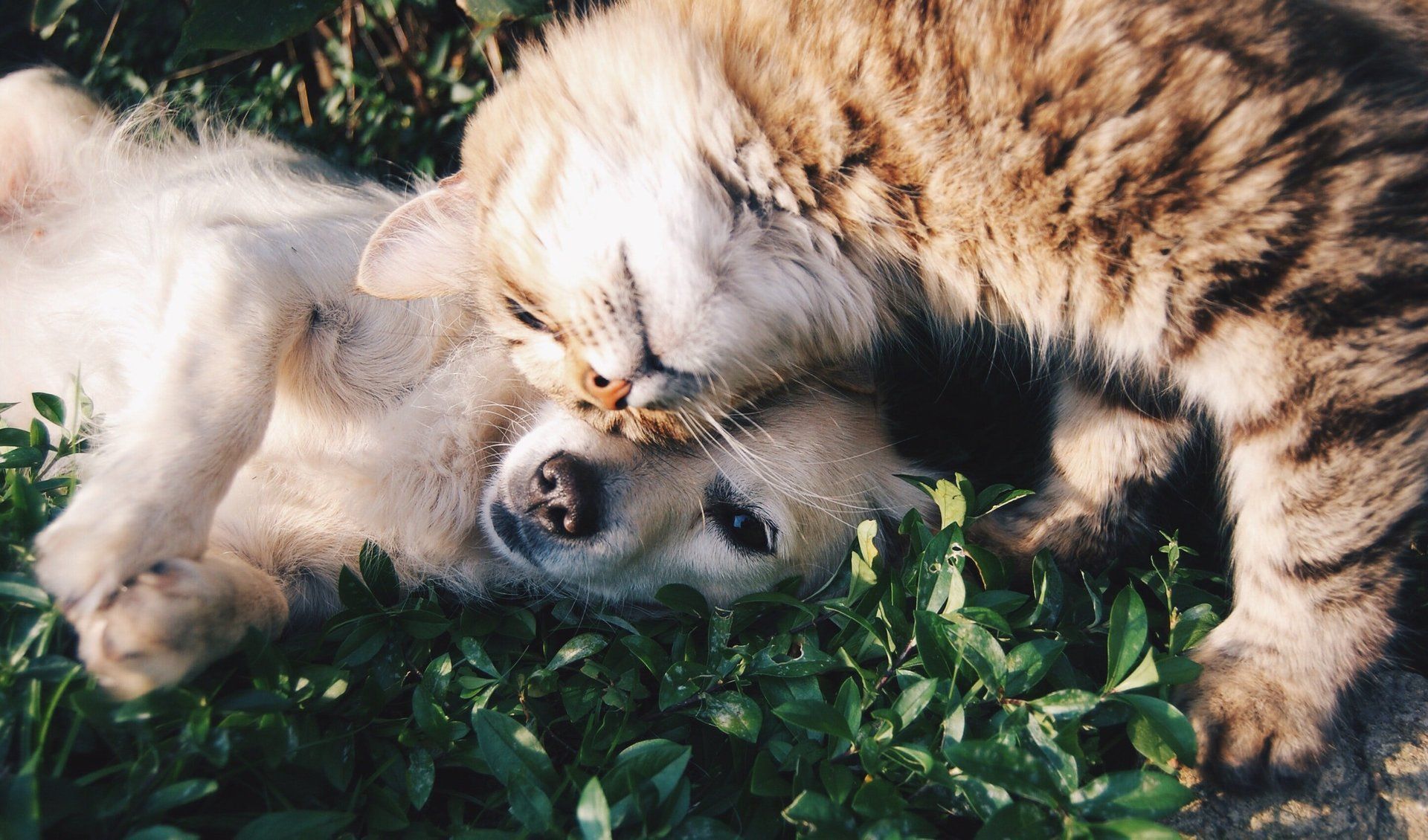Give Your Puppy a Healthy Start at Chipman Road Animal Clinic
Getting a new puppy is exciting, and learning how to care for a new puppy is a fun experience. Puppy’s first vet visit is important, but can be scary for both you and your pup. The dedicated and compassionate staff at Chipman Road Animal Clinic have put together this handy guide to put your fears at ease and set you both up for a successful and healthy start to your life together. Our veterinarians and team use state-of-the-art equipment—including an in-house lab and pharmacy—to start your puppy’s health journey smoothly. Your pup’s comfort and your peace of mind come first—because we treat every patient like family.
What’s Included in Our Puppy Veterinary Care
First Puppy Wellness Exam
From tip-to-tail, top-to-bottom, your vet will check your puppy’s physical health and talk with you to get an idea of their care history, temperament, and behavior to create a complete picture of your puppy’s current health.
Ongoing Health and Wellness Checks
Like humans, puppies should follow a vaccination schedule and get routine check-ups more frequently in the 1st year or so to monitor growth and prevent disease. We’ll create a puppy vet visit schedule to meet you and your furry buddy’s needs.
Core and Optional Vaccinations
Essential vaccines:
- Rabies (Most states have legal requirements regarding rabies vaccinations.)
- Canine Distemper
- Canine Parvovirus
- Canine Adenovirus
Recommended for optimal health:
- Bordetella: If your puppy spends time in boarding or puppy daycare, this vaccine is highly recommended.
- Lyme disease: Most beneficial in hunting dogs or in areas with high tick populations.
- Leptospirosis: Another one good for hunting or working dogs, or dogs that spend time in standing water.
- Canine Influenza: Prevents respiratory infection and is important to dogs that do a lot of socializing with other dogs.
Puppy Nutrition Guidance
During your puppy’s first vet visit, our team can discuss with you the best food for your puppy based on their breed, activity level, and if there are any tummy issues or allergies. We can also provide guidance regarding safe treats, chews, and training treats.
Spay/Neuter Consultation
While most recommendations are to spay or neuter in the 1st year, each dog is different, from health to temperament. We will help you make the best and most informed choice for your puppy's future health and happiness.
How Your Puppy’s Care Journey Works




Puppy’s First Vet Visit Checklist:
- Night before: Gather any necessary documents, if you adopted your puppy from a breeder or shelter, and got a medical summary or report from those veterinarians.
- Morning of: Make sure puppy has breakfast, a good walk, and some playtime to get most of the zoomies out.
- Walk in & Check In: no appointment needed for the first visit.
- Brief intake: Our staff will ask about your puppy’s history and behavior.
- Wellness exam & vaccines: All done in-office with on-site diagnostics if needed.
- Puppy vet visit schedule: As you prepare to leave, we will schedule your next appointment for screening, booster shots, or spay/neuter consultations.
Being prepared will help put you at ease, and a walk will help calm both of you. Your puppy can sense your anxiety and shares in it, so by working together, you can help each other get through this scary initial visit!
Why Families Trust Us With Their Puppy’s First Vet Visit
- Care: From our walk-in policy to on-site diagnostics for most things and friendly staff, the goal at Chipman Road Animal Clinic is to create as smooth an experience as possible, especially for puppy’s first vet visit.
- Expertise: Chipman Road Animal Clinic has skilled and compassionate staff here to help you make the most of these fun puppy years and lay the foundation for a long and healthy life for your canine companion.
Want more reasons to come see us? See what our current patients say:
Real Stories from Happy Puppy Parents

My experience here today was very pleasant and smooth. I needed a walk-in place as I couldn't wait for my regular vet appointment.
The receptionist was very welcoming. They checked me in and I was in a room in about 10 mins. Not bad as a walk-in. The person that did the initial diagnosis was very attentive. The Dr was extremely nice and informative.
They have a cat and dog waiting area, which is kind of cool. The whole place was clean and welcoming. Drop in price is very reasonable. I would definitely return.
Thank you!
Tan N. Google
First-time visitor. I got there at opening, basically, and was warmly welcomed by staff. The whole process from getting established to seeing the Vet was super easy and friendly. Took just under an hour, and we were done and on our way home! If you're a new pet owner and have no idea where to go for care, like I am and was, this place seems great. Oh, I almost forgot, the price...was just as friendly!!
Christopher H - Google
I have used this vet for all my pets for 19 years. My golden has had 2 litters and they have taken care of all the puppies, cats and my dogs! They don’t overcharge or take advantage of the pets situation. I will never take my pets anywhere else.
Joy C - Google
Puppy Care FAQs – What You Need to Know
What should I bring to my puppy’s first vet visit?
Gather all health records, a list of questions you may have and jot down details like what brand of food your feeding your pop. Then bring them into the office on a leash or in a crate
How soon should I schedule their first appointment?
If your puppy was adopted from a reputable breeder or shelter, they may have had their ‘first’ vet visit, but we recommend bringing them in within the first 2 weeks of being home so that their care stays on track and meets their needs.
How often do puppies need vet checkups?
Plan for visits every 3–4 weeks until around 16 weeks old—your customized puppy vet visits schedule ensures no step is missed.
What vaccinations will my puppy need?
Essential vaccines:
- Rabies (Most states have legal requirements regarding rabies vaccinations.)
- Canine Distemper
- Canine Parvovirus
- Canine Adenovirus
Recommended for optimal health:
-
- Bordetella: If your puppy spends time in boarding or puppy daycare, this vaccine is highly recommended.
- Lyme disease: Most beneficial in hunting dogs or in areas with high tick populations.
- Leptospirosis: Another one good for hunting or working dogs, or dogs that spend time in standing water.
- Canine Influenza: Prevents respiratory infection and is important for dogs that do a lot of socializing with other dogs.
Can I get advice on puppy food and training?
We love talking about our pets and can offer a wide array of suggestions on what will work best for your pet. Dogs have personalities, so what works for one person's laid-back Basset Hound may not work for your new Husky.
Visit Chipman Road Animal Clinic For Your Puppy’s First Visit
A journey begins with the first step! Chipman Road Animal Clinic is here to help you start on your puppy’s health journey with confidence.
Feel free to
call us
or stop by for a walk-in appointment We look forward to seeing you soon


